All About Dried Fruit
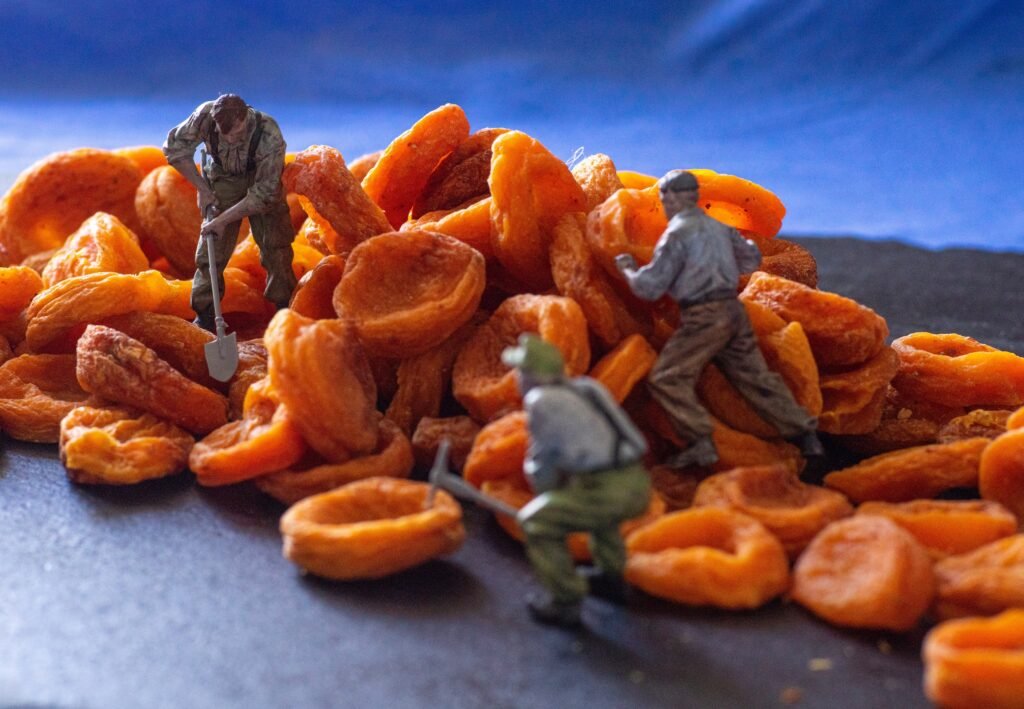
Dried fruit has been available for thousands of years in the Mediterranean and Middle East. Dates are one of the earliest dried fruits that were eaten. Dried fruit is made by taking the water out of the fruit by sun drying or using a special machine called a dehydrator. Since the water is removed during drying, this also means that the natural sugars in the fruit are concentrated.
You can add some sweetness to your day by enjoying dried fruits. Popular dried fruits include raisins, dates, prunes (dried plums), figs, apricots and peaches. Fruits such as dried mango, pineapple and berries are also available, but these tend to be dried with added sugar.
Import
Amama Foods has been able to take advantage of chances for directly procuring and importing food from across the world – from reputable packers and/or straight from farm gates – because of its headquarters in a significant consumer nation, India.
local procurement
Due to the seasonality of produce in India, millers and processors are constantly looking for stockists to purchase domestic produce during peak arrivals period against long-term purchase contracts. Amama Foods was able to fill this role thanks to its ability to source via multiple avenues, including mandis, farmers, traders, and even exchange/derivatives delivery, with a presence across the entire range of domestic produce.
Processing
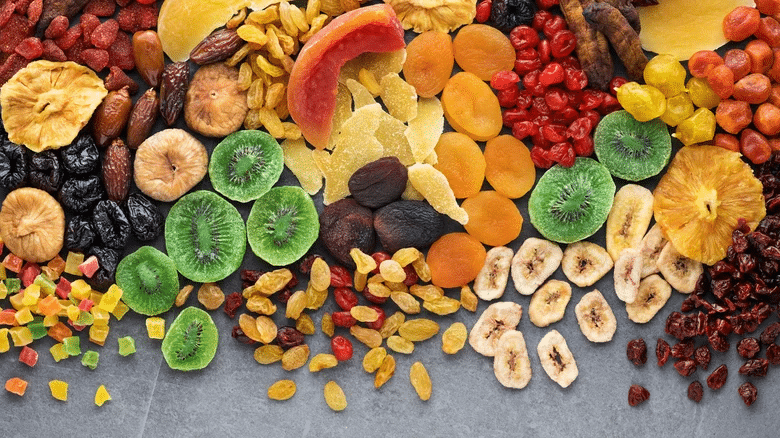
Primary Processing
Amama Foods expanded into value addition within this bucket with its primary processing factories, turning raw material into finished product for further processing or packaging. This was made possible by the company’s strong dry fruit procurement and distribution network. With a factory that can hand-crack 500kg of inshell walnuts per day and process 2 FCL of inshell almonds to almond kernels per day, Amama Foods is always experimenting with primary processing of different goods where value addition yields acceptable margins.
Secondary Processing
Amama Foods expanded into secondary processing of its wholesale products, with the ability to roast and flavour 5,000 kg of dry fruits and nuts per day for subsequent sale and packaging, in response to the increased demand for flavoured natural products among consumers. Focusing on the addition of value-added goods such as nut milks, nut flours, nut butters, and granola bars, a deeper exploration of secondary processing is now ongoing.
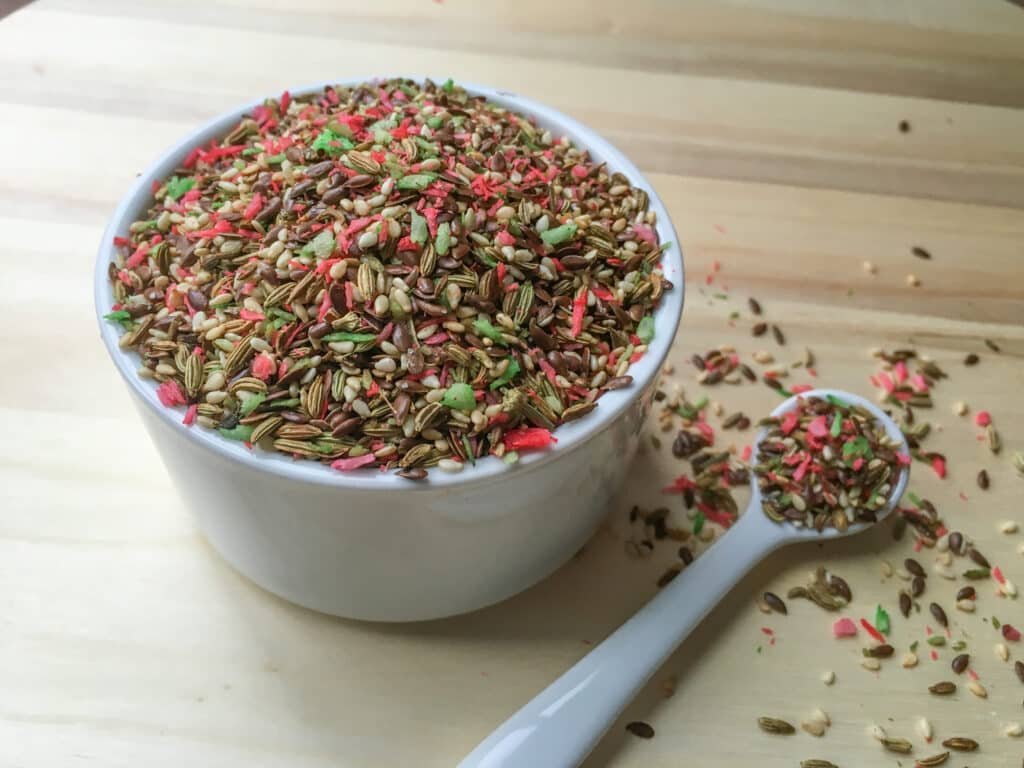
Distribution
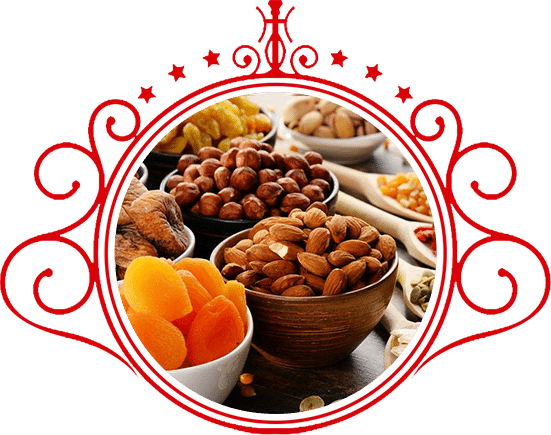
-
Export
-
Import
-
Whole Sale
-
Retail
Whole Sale
Amama Foods is able to sell bulk product both processed and unprocessed – throughout the range of agricultural commodities and across the principal consuming states – thanks to its presence in the main mandis and broker networks in India.
Retail
With its own brand Amama Foods, Amama Food entered the retail market in 2022. The company planned to sell staples through a variety of retail channels, with a focus on e-commerce platforms, brick and mortar through distributors, a Direct to Consumer distributor network, and finally with its growing network of retail Stores, which is currently located in APMC, Navi Mumbai.
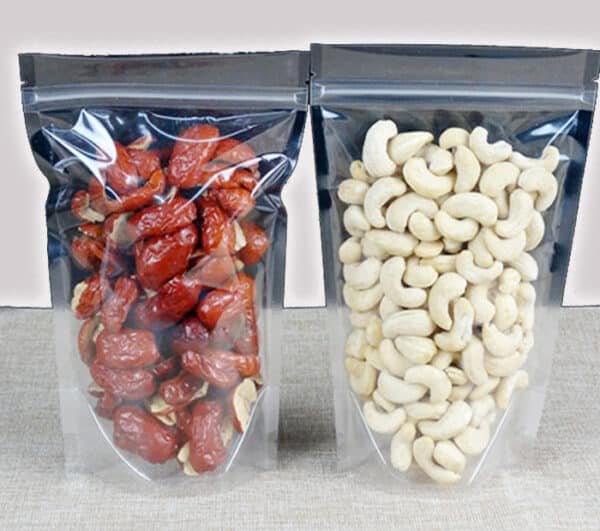
Packing
White label
Amama Foods Company serves a variety of large institutions as a co-packer, offering a one-stop shop for whole sale products, secondary processed goods, and packaging – farm to shelf.

Amama Foods Private Limited
Block No. H-71, APMC masala market 1, Phase 02, Sector 19, Vashi, Navi Mumbai 400705, Maharashtra, India.